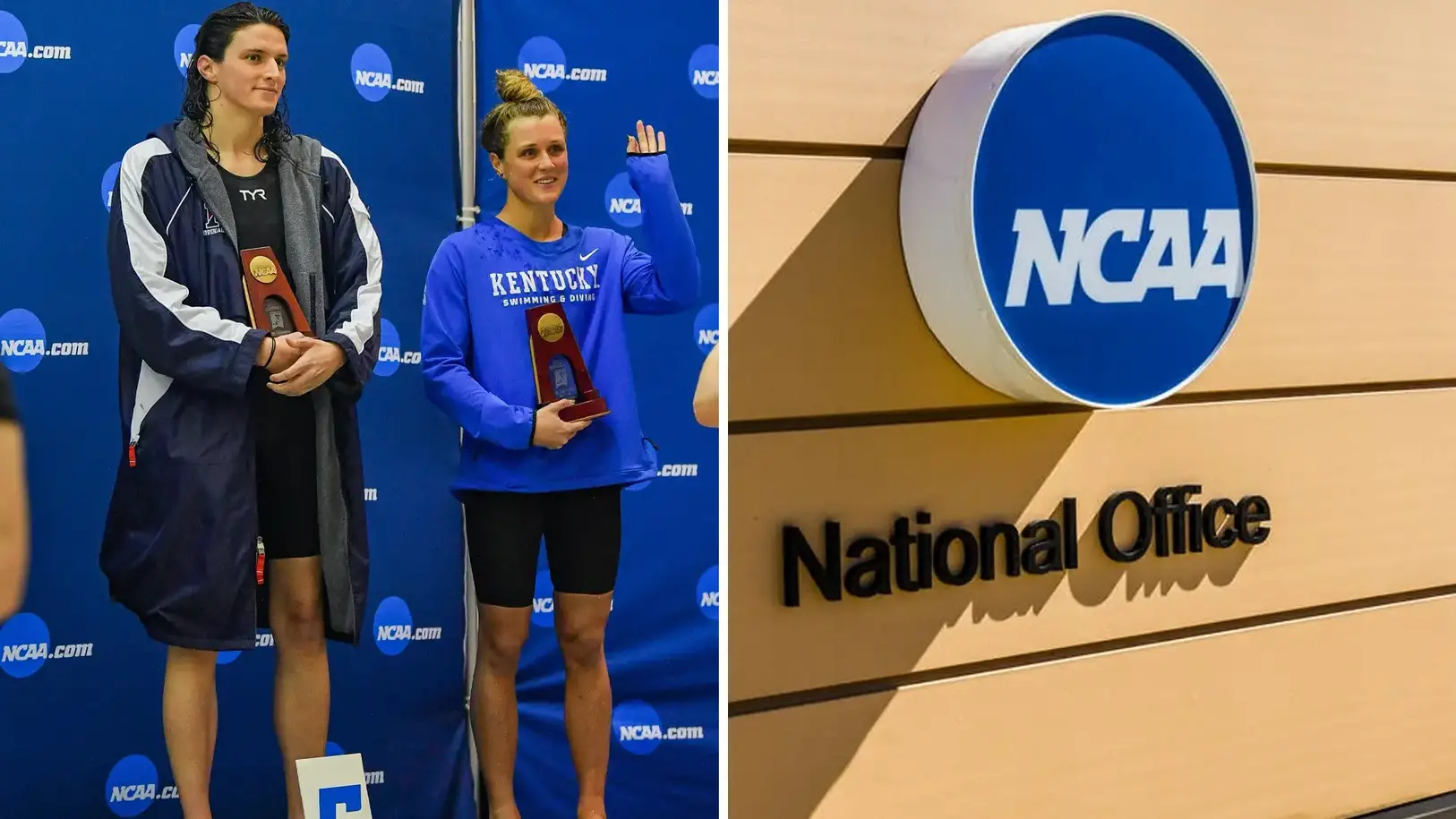
The dispute stems from Gaines’ contention that the NCAA unfairly distributed medals in favor of Lia Thomas, a transgender swimmer who has been at the center of controversy regarding her participation in women’s swimming competitions. Gaines argued that the NCAA’s handling of the situation not only disregarded fairness and meritocracy but also undermined the integrity of competitive sports.
Gaines, a decorated swimmer in her own right, felt that her achievements were overshadowed by the NCAA’s decision to prioritize inclusivity over athletic excellence. The $50 million settlement serves as vindication for Gaines and reaffirms the principle that merit should be the primary criterion for success in sports.
In a statement following the settlement, Gaines expressed her relief and gratitude for the resolution of the dispute. “This victory is about more than just monetary compensation,” she remarked. “It’s a testament to the importance of upholding fairness and integrity in sports, and I hope it serves as a wake-up call for organizations like the NCAA to prioritize these values moving forward.”
The lawsuit and subsequent settlement have reignited debates about the role of wokeness in sports and the balance between inclusivity and competitiveness. While many applaud Gaines for standing up against what they perceive as the undue influence of political correctness, others argue that her actions undermine efforts to create a more inclusive and equitable sporting environment.
Supporters of Gaines argue that her victory represents a triumph of meritocracy over identity politics. They contend that athletes should be judged solely on their performance and achievements, rather than factors such as gender identity or political ideology. By challenging the NCAA’s decision, Gaines has emerged as a champion for fairness and integrity in sports.
However, critics argue that Gaines’ lawsuit is an attempt to roll back progress towards greater inclusivity in sports. They argue that initiatives such as allowing transgender athletes to compete according to their gender identity are essential steps towards creating a more diverse and welcoming athletic community. By challenging these initiatives, Gaines and her supporters risk perpetuating discrimination and exclusion in sports.
The $50 million settlement serves as a reminder of the complex and often contentious nature of sports in modern society. While sports have the power to unite people from diverse backgrounds and promote values such as teamwork and perseverance, they also reflect the broader social and political tensions of the time.
As the debate over wokeness in sports continues to unfold, it is essential to remember the importance of balance and nuance. While inclusivity and diversity are undoubtedly crucial goals, they must be pursued in a manner that does not compromise the fundamental principles of fairness and meritocracy.
In the case of Riley Gaines, her victory in the lawsuit against the NCAA represents a significant moment in the ongoing dialogue about the future of sports. By standing up for what she believes in and challenging the status quo, Gaines has not only secured a substantial settlement but also sparked important conversations about the values that should guide the world of athletics.


